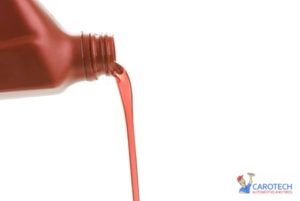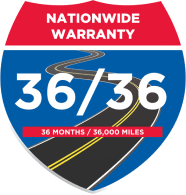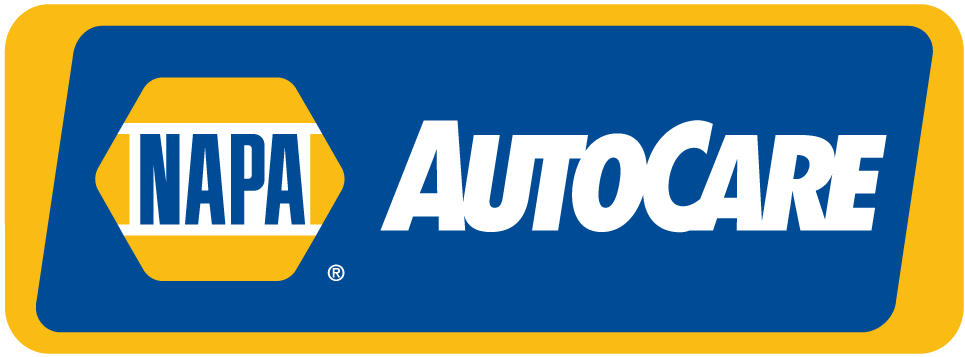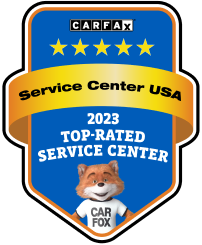 Your auto insurance coverage can sometimes be as confusing as a new home contract, it seems. However, knowing the basics of your policy can help save you money and keep you covered in an accident.
Your auto insurance coverage can sometimes be as confusing as a new home contract, it seems. However, knowing the basics of your policy can help save you money and keep you covered in an accident.
Liability
Liability insurance is required in order to be able to drive your vehicle. This coverage will kick in when an accident is your fault and will cover the other party’s bodily injury and property damage up to your coverage amount. (Typical coverage is $15,000/$30,000, which means $15,000 in bodily injury and $30,000 in property damage.) Remember, what your insurance doesn’t cover, you will be responsible for.
Comp and Coll
This type of coverage is optional and stands for comprehensive and collision. This means that if you are in an accident that wasn’t your fault, your vehicle will be covered, as will your bodily injury, up to your limits. Many times, this coverage includes rental car coverage as well.
Uninsured and Underinsured Motorist
This self-explanatory coverage will guarantee your vehicle repair and hospital bills, even if you are hit by someone who doesn’t have any or the correct amount of coverage. This ensures that even if they don’t pay their part of the damages, you are still covered.
Other Additions
Vehicle insurance coverages can vary greatly and can include everything from roadside service to death benefits upon an accident. Your insurance agent can go over any coverages that you have and any supplements that could provide better coverage.
It’s always a good idea to know your auto insurance coverage details before you are in an accident. This can help you stay safe and keep the process moving quickly. If you have been in an accident and need vehicle inspection or repair, call the Carotech Automotive and Tires team at (424) 283-4303 for more information.

 Everyone knows that cars rely on their engines, right? Now that we’ve got that part out of the way, it’s time for a hard truth. That engine needs a lot of car, and even with all the right care, your engine won’t last forever. However, if you can pay attention to the signs as your engine ages, you may be able to extend the life of that engine, or at least keep yourself from being stranded due to engine failure. Today we are going to go over some key tips you need to know about your engine’s well-being.
Everyone knows that cars rely on their engines, right? Now that we’ve got that part out of the way, it’s time for a hard truth. That engine needs a lot of car, and even with all the right care, your engine won’t last forever. However, if you can pay attention to the signs as your engine ages, you may be able to extend the life of that engine, or at least keep yourself from being stranded due to engine failure. Today we are going to go over some key tips you need to know about your engine’s well-being. Last month, we discussed the the ins and outs of changing fluids for car maintenance. However, there are several other aspects of car maintenance that it is also important to remember. Today we will go over the car maintenance basics that you need to know if you want your car to last! If you need any help with vehicle maintenance services, you can always contact our professional team here at (424) 283-4303!
Last month, we discussed the the ins and outs of changing fluids for car maintenance. However, there are several other aspects of car maintenance that it is also important to remember. Today we will go over the car maintenance basics that you need to know if you want your car to last! If you need any help with vehicle maintenance services, you can always contact our professional team here at (424) 283-4303! Car maintenance is very important. You depend on your car to get you to work, get your kids to school, as well as drive you across the country for your annual road trip. If your car isn’t well maintained, any of these excursions could cause a serious malfunction in the engine, transmission or other systems in your car. Proper car maintenance can prevent a serious breakdown. Carotech Automotive and Tires offers a variety of
Car maintenance is very important. You depend on your car to get you to work, get your kids to school, as well as drive you across the country for your annual road trip. If your car isn’t well maintained, any of these excursions could cause a serious malfunction in the engine, transmission or other systems in your car. Proper car maintenance can prevent a serious breakdown. Carotech Automotive and Tires offers a variety of 



Recent Comments